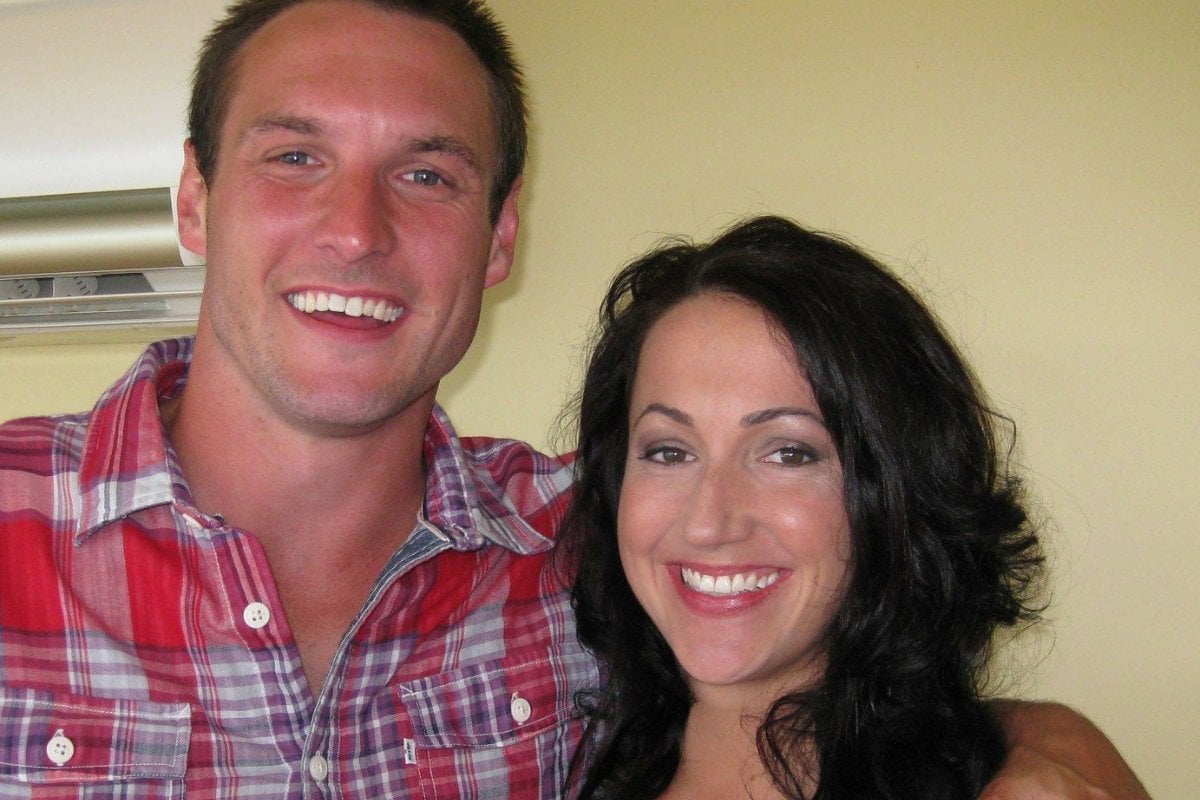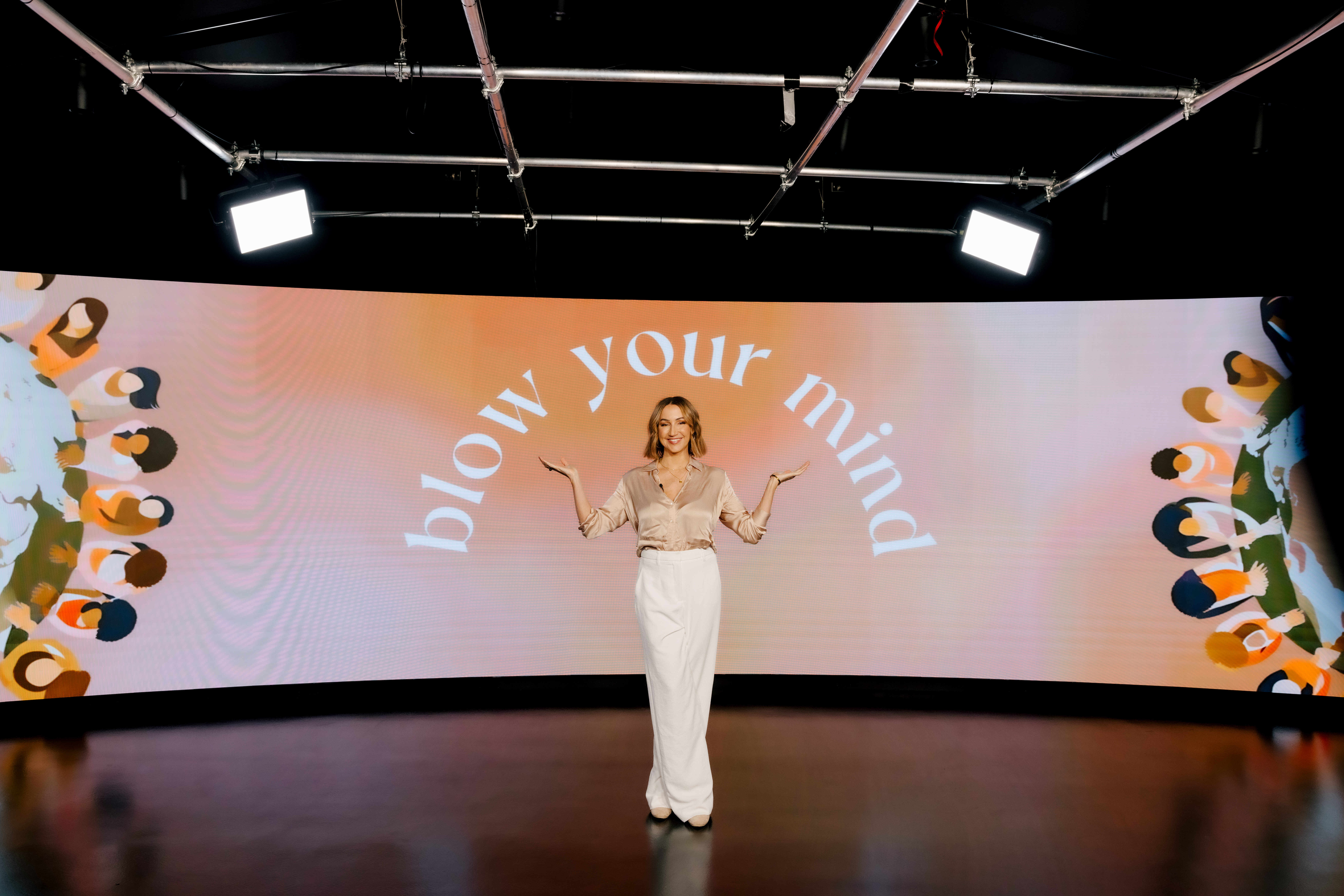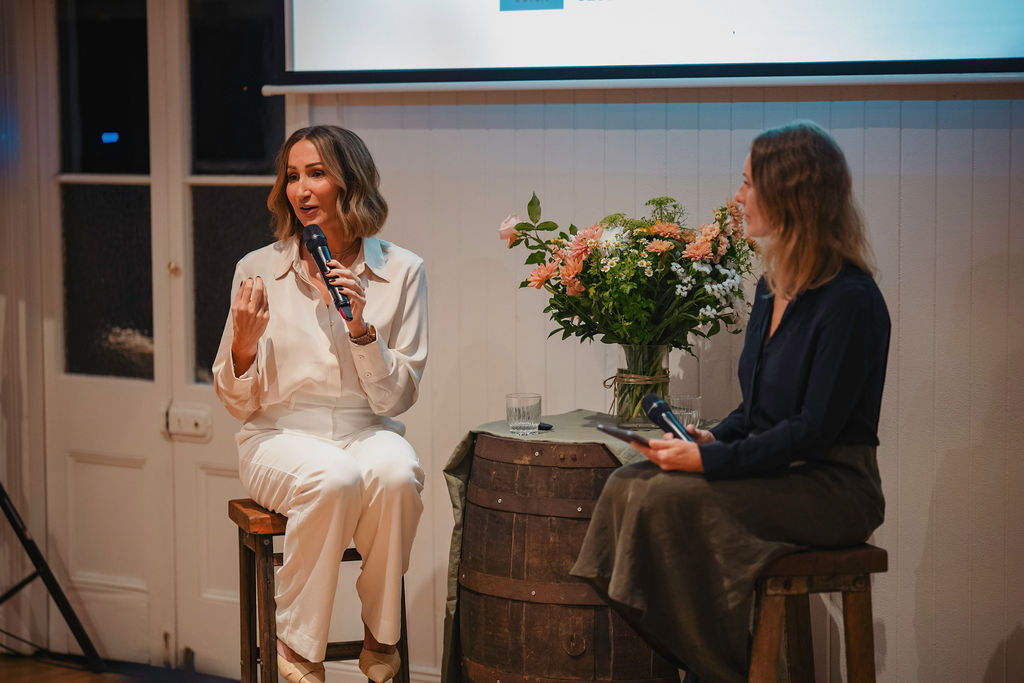
This story discusses suicide.
Sam wasn't just my big brother. He was the very definition of a safe space. Not only my mate and my rock, but also my biggest cheerleader who actively encouraged me to grow and step into the unknown.
From Tasmania to Perth, to Melbourne and back to Tassie again, we followed each other across the country. Sometimes share housing together, sometimes living separately. But always connected. His friends were my friends and vice versa. On more than one occasion, a friend awkwardly confessed to a cheeky fling with my charismatic and charming brother.
So when I got the call that he had died by suicide at 34, life changed in an instant. It was completely unexpected. I felt like I was falling as my world bottomed out from underneath me. In the following weeks, I couldn't eat, couldn't sleep, crippled by persistent stomach cramps that felt like they'd never go away.
 Image: Supplied.
Image: Supplied.



